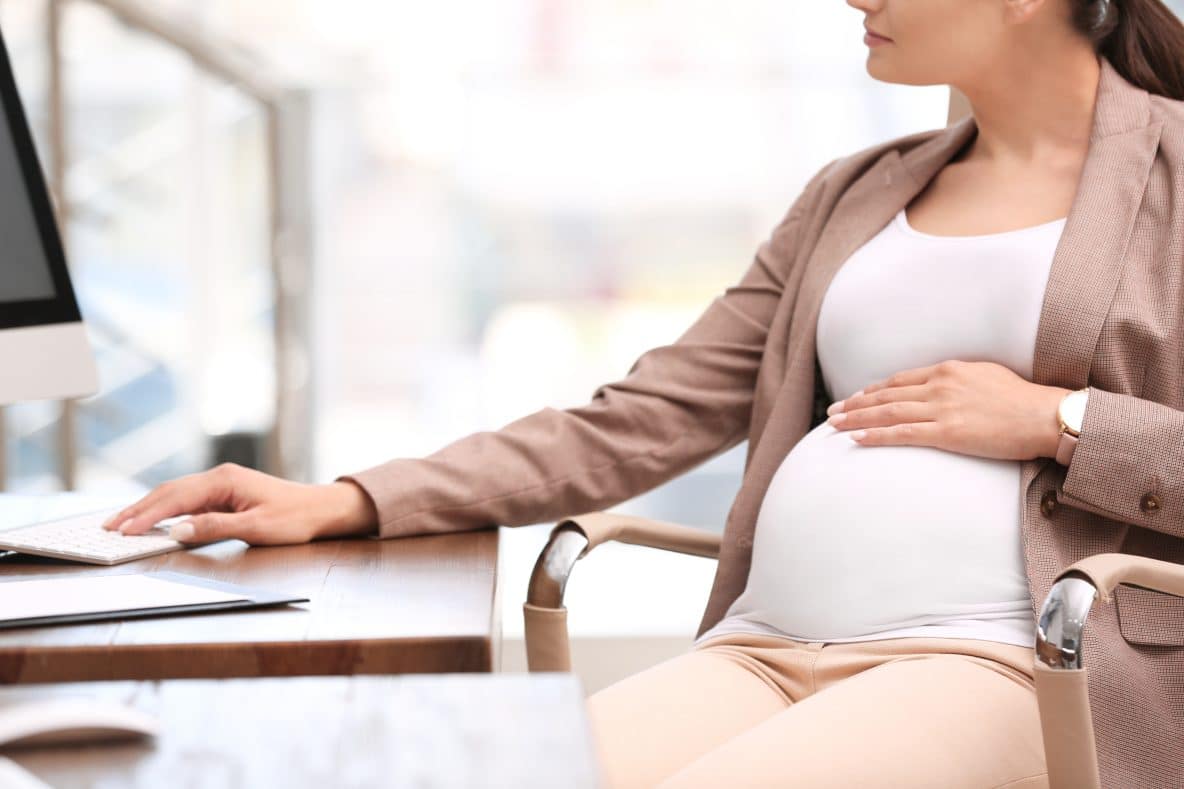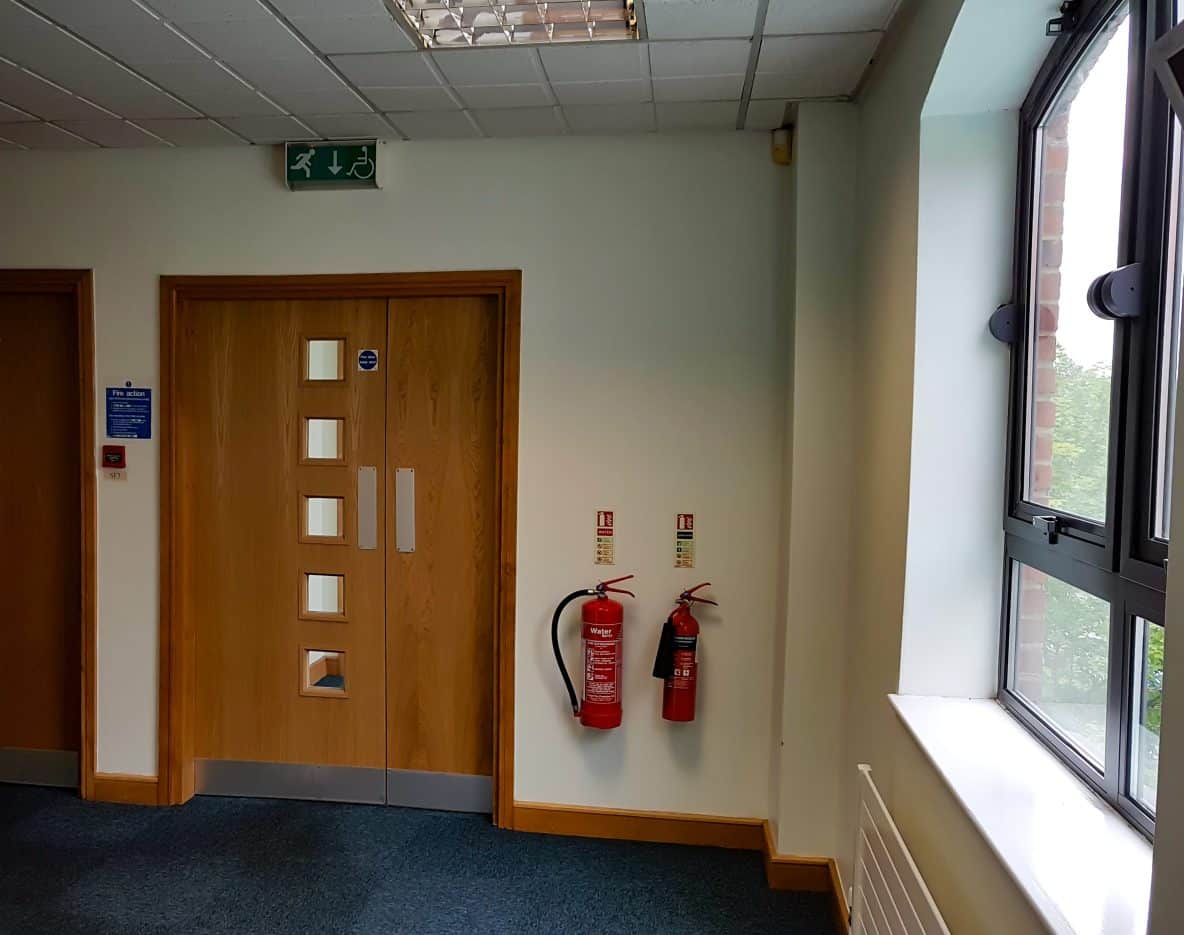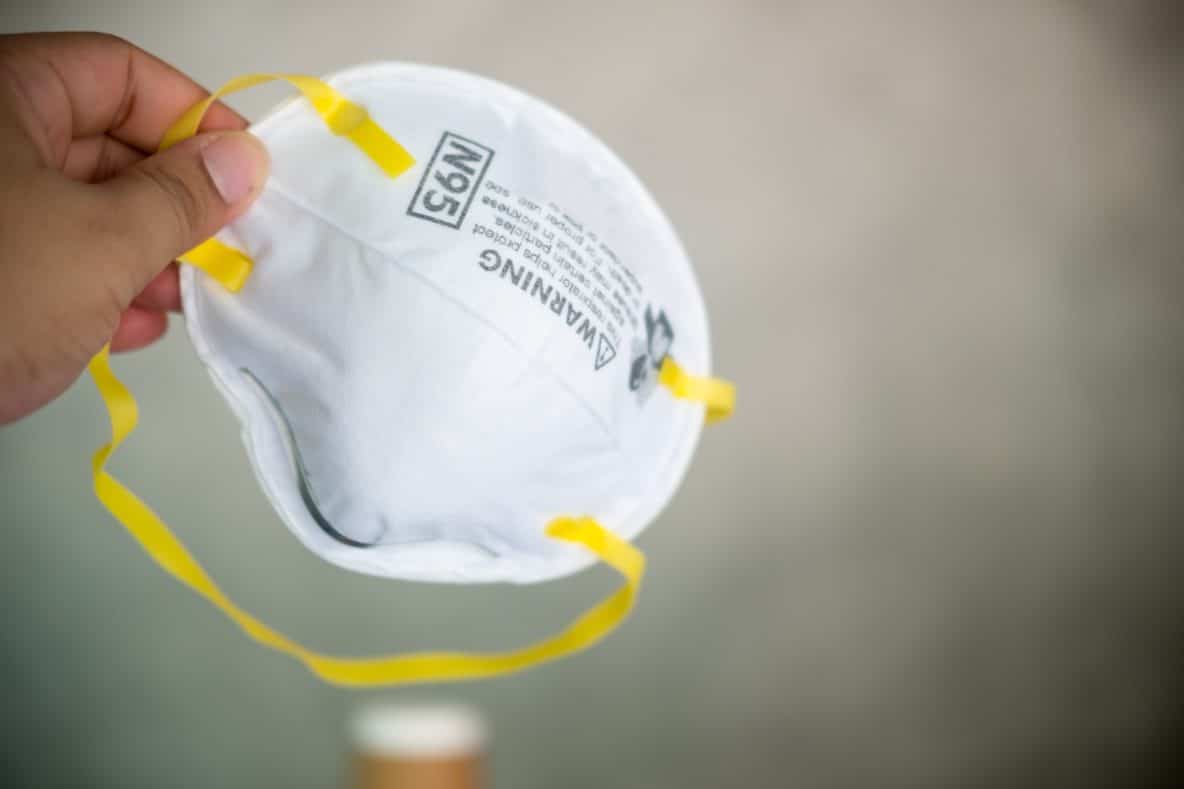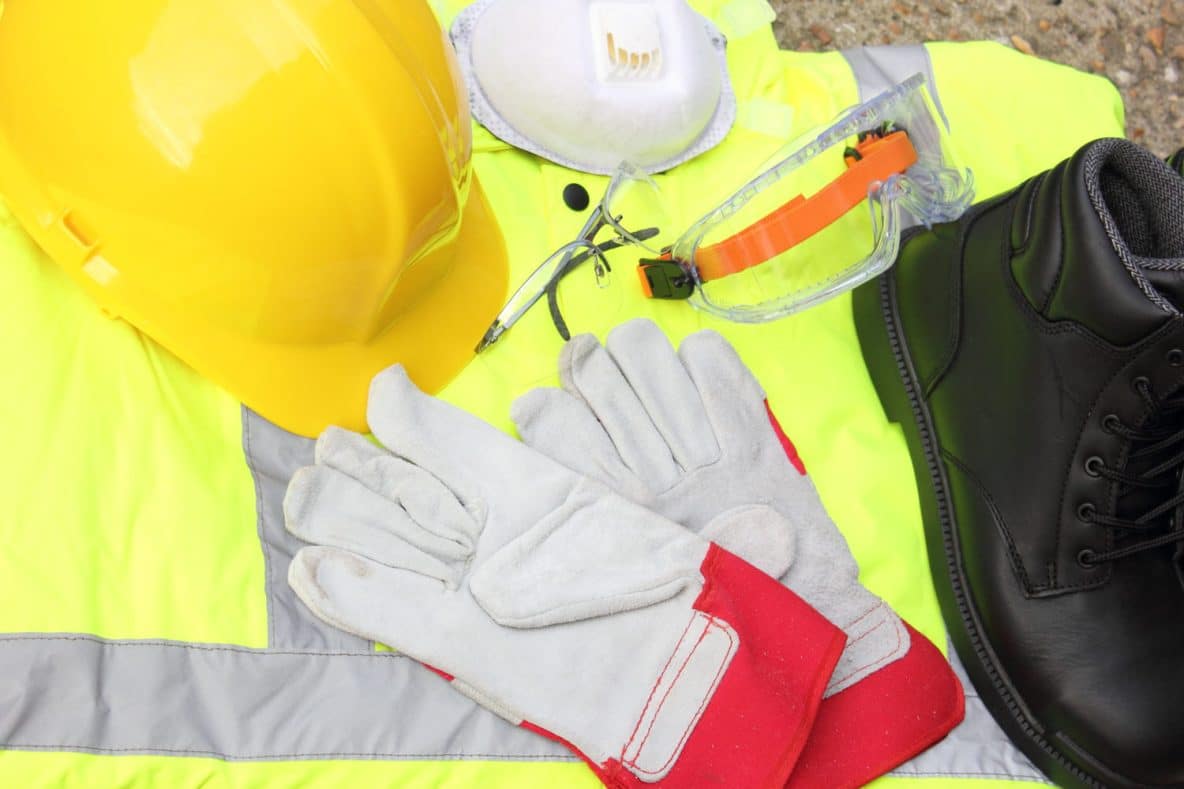The Construction Plant-hire Association (CPA) have published a new technical information note regarding issues with the lifting of loads with integral lifting points on construction sites. The new guidance covers questions such as: Where the distinction is between an integral lifting point and a lifting accessory Whether integral lifting points be thoroughly examined under the lifting operations and lifting equipment … Read More
KEEPING SAFE IN THE SUN AND HEAT
The great British summer is fast approaching and temperatures are set to rise, while this may be good news for those looking forward to relaxing in the shade with a cool drink, it can cause problems for those busy at work. Working outdoors during the summer months can be harmful to your skin and long-term health. Ultraviolet (UV) rays from … Read More
HSE LAUNCH THEIR STRATEGY FOR THE NEXT TEN YEARS
The Health and Safety Executive (HSE) recently published their strategy for the next 10 years setting out their mission, vision, values, strategic objectives and themes. Bearing in mind the fundamental purpose of the HSE the strategy is largely what you would expect from such an organisation and includes commitments to: “Maintain Great Britain’s record as one of the safest countries … Read More
UPDATED GUIDANCE FOR NEW AND EXPECTANT MOTHERS AT WORK
The HSE recently announced a change to their guidance for employers who are notified by a worker that they are either pregnant, have given birth in the last 6 months or that they are currently breastfeeding. All employers have legal duties to put in place arrangements to control risk to the health and safety of their employees and others who … Read More
NEW GUIDANCE FOR PASSIVE FIRE PROTECTION
Passive fire protection is those parts of a building or structure that slow the spread of fire or smoke such as fire-resistant glazing, firewalls and doors. As building technology develops so too does the range of materials and systems that can be used. The Association for Specialist Fire Protection (ASFP) have recently published three new guidance documents concerning the following … Read More
HSE ANNOUNCE CONSTRUCTION SITE INSPECTION CAMPAIGN
The HSE have announced that from Monday 6th June to Friday 1st July 2022 they will be running a construction site inspection campaign focusing on the health risks of construction dust. The main dust-related diseases affecting construction workers include lung cancer, silicosis, chronic obstructive pulmonary disease (COPD)and asthma. While some lung diseases, like advanced silicosis or asthma, can come on … Read More
MAST CLIMBING WORK PLATFORMS SYSTEMS SAFETY ALERT
The HSE recently issued a technical fault that has been identified with mast climbing work platforms that could cause the platform to fall from height with the potential to cause serious or even fatal injury to anyone using or close to the platform. These types of work platform use motors to raise and lower a work platform using one or … Read More
EAR LOOP FACE MASKS AND RESPIRATORS SAFETY ALERT
The HSE recently issued a safety alert regarding the use of respirators and face masks that rely on ear loops to hold them in place. Inhaling fumes, chemicals or other hazardous substances at work can cause permanent damage to health, triggering conditions such as asthma and lung disease or cancers. Where those risks can’t be controlled by other means then … Read More
GUIDANCE ON THE REVISED PPE REGULATIONS
Employers are required to provide employees with personal protective equipment (PPE) where risk assessment has identified that it is necessary to protect the person against risks to their health and safety. PPE should be provided as a “last resort” where the risk cannot be adequately controlled by other measures such as physically removing the hazard (elimination), replacing the hazard (substitution), … Read More
ELECTRICAL SAFETY IN ALTERNATIVE LANGUAGES
The consequences of getting too close to electrical powerlines are usually severe and often fatal, whether those powerlines are overhead or underground. When a machine, ladder, scaffold tube or even a jet of water touches an overhead power line the electricity will be conducted to earth through the item and anyone touching the item may receive an electric shock or … Read More









